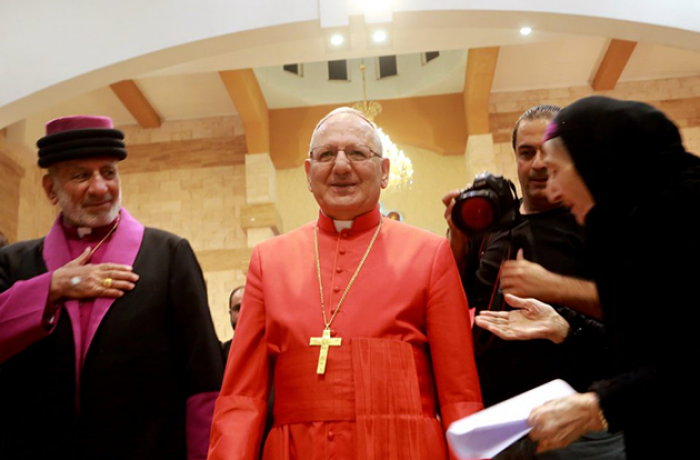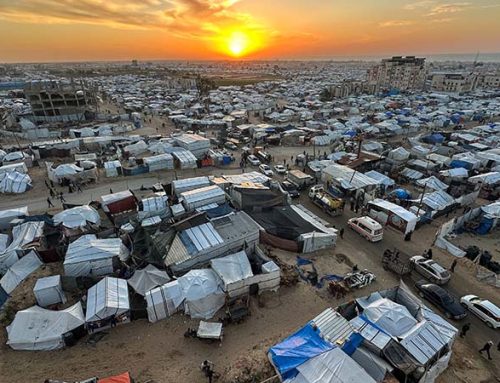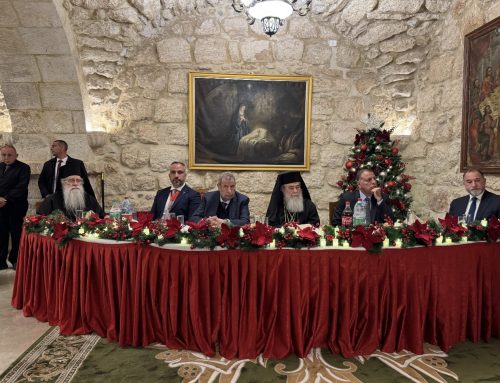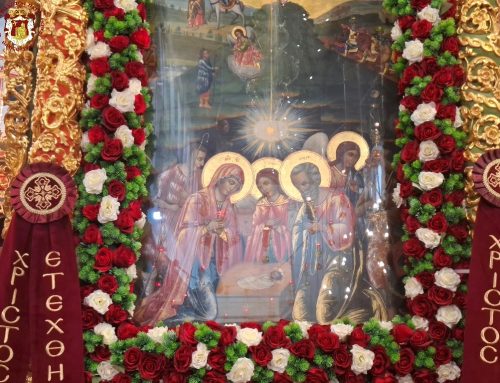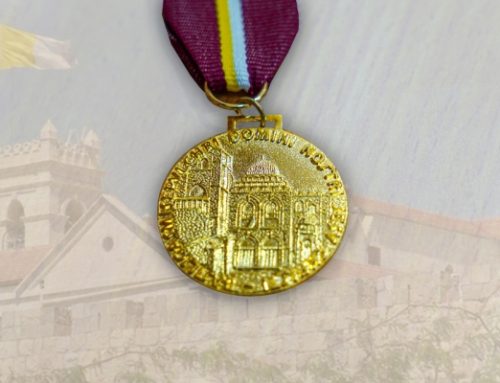The closures imposed by the virus provide an opportunity for “meditation and reflection” on Christ’s teachings to mature “in faith and vocation”. The crisis is “violent” but “transitory” and humanity will emerge “stronger”. The return to faith, the maturation of a domestic Church with the contribution of the Holy Spirit. From religious leaders the common commitment against extremism and violence.
Baghdad (AsiaNews) – There is “a certain similarity” between the condition of the disciples after the death of Jesus “stuck in the house” for “fear of the extremist Jews” and ours today, “locked in the house” for fear of the Covid-19 pandemic and the fear of being “attacked” by the virus.
However, “on the fiftieth day everything changed for them,” writes the Chaldean primate, Card Louis Raphael Sako in a reflection sent to AsiaNews, ahead of the Feast of Pentecost next Sunday 31 May. Drawing a parallel between the disciples then and the present world, the Cardinal stressed that their lockdown was an occasion “for meditation and reflection” on the teachings of Christ in order to mature “in faith and vocation”.
“Anxious and fearful” due to the lack of safe spaces “we also experience segregation in the home and a social distance” writes Card Sako. But, he warns, “the coronavirus crisis, although violent, is transient and transitory” and humanity has already experienced “other violent crises in the past, emerging stronger”.
In this period “a return to faith” and “clinging to Christian spirituality, prayer, fasting, at the service of charity” emerged. At the same time “there is a domestic Church that matures, takes root in faith and commitment, manifests the desire to access communion and the reopening” of places of worship. “We – he warns – are preparing for this step” even if “our world will no longer be as before the coronavirus”.
For the cardinal, there is a parallel between the apostles “after the descent of the Holy Spirit” and us Christians today, called to “return with strength to our faith, to our values, to our healthy family relationships, to our social commitments”. In this task we will be helped by the Holy Spirit whose “illuminated vision” will allow us to observe and evaluate “with a more complete and profound gaze” and will help to “overcome the crisis with our faith, our values, our charity and solidarity”.
Addressing the international community, the Chaldean primate recalls that it is the job of governments to “provide food, medicine and services” to the population instead of “making weapons and seeking to control the world economy”. This virus must be a “propitious occasion” to “improve human solidarity” and strengthen the principles of “mercy, love, peace, respect, justice” without looking at the professed faith, the color of the skin, gender. School curricula must “consolidate human brotherhood” and, in this sense, the teaching contained in the document signed by Pope Francis and the imam of al-Azhar Ahmad al-Tayyib is fundamental.
Finally, the Chaldean patriarch turns to the Christian, Muslim, Jewish and other faiths called to “take the challenges of the coronavirus seriously ” for “cultural, economic and social change”. He concludes, “we must treat extremism and every thought that drives violence” by continuing on the common path of “love, tolerance, coexistence and defense of human rights”.
Source: asianews.it

